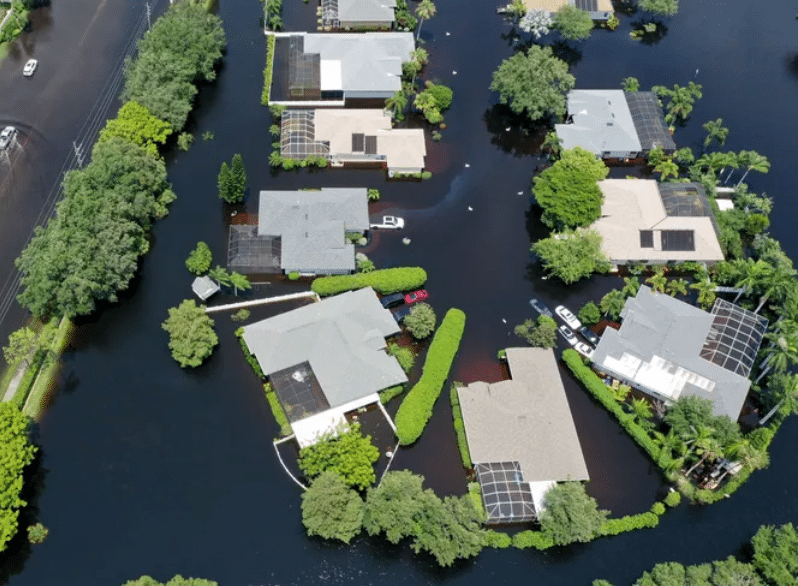As shifting weather patterns increase the frequency and intensity of extreme weather events, the demand for specialized professionals like forensic meteorologists is rising. Forensic meteorologists play a critical role in understanding how climate factors contribute to specific weather events, and our insights have become invaluable for the legal and insurance sectors. With significant economic impacts from heatwaves, floods, and hurricanes, forensic meteorologists are being called to provide evidence in disputes over damages, liability, and insurance claims.
The intersection of meteorology and forensic science isn’t new, but recent advancements in weather attribution studies have clarified the connection between climate change and specific events. Attribution studies, which calculate the likelihood that a particular weather event was influenced by climate change, have transformed the ability of forensic meteorologists to assess the causes of destructive storms, floods, and other extreme events.
Weather attribution is determining the influence of climate change on a particular event. The first major attribution study was conducted in 2004 after the deadly 2003 European heatwave. Since then, meteorologists have expanded their toolkit, using complex models to compare weather patterns in the modern climate with those that would have occurred before human activity significantly impacted global temperatures.
This process allows forensic meteorologists to present clear data in legal cases, showing how much more likely an event was with these shifting weather patterns.
Insurers and lawyers need forensic meteorologists.
The stakes are high for insurers. Climate change is making extreme weather more frequent, leading to a significant increase in claims. Floods, wildfires, and hurricanes are happening with greater intensity, and insurers must be prepared to distinguish between natural variability and climate-impacted events. Forensic meteorologists provide critical evidence in these cases, enabling insurers to assess risk more accurately.
For example, during the 2019-2020 Australian bushfires, which destroyed thousands of homes and businesses, forensic meteorologists concluded that climate change had increased the likelihood of the conditions that led to the fires by at least 30%. This information is invaluable in determining whether insurance policies are liable for damages.
For lawyers, especially those representing policyholders, forensic meteorologists can help build cases that show the negligence of industries in addressing climate-related risks. As climate litigation becomes more common, the role of forensic meteorologists in providing accurate weather data becomes central to achieving legal outcomes.
This has significant implications for policyholders, too.
Understanding the impact of climate change on extreme weather is becoming increasingly important for everyday policyholders. With rising premiums and the potential for denied claims, policyholders seek transparency and fairness. Forensic meteorologists help bridge the gap between insurers and policyholders by providing precise, evidence-based assessments of specific events. This not only aids in securing fair compensation but also helps policyholders understand the risks they face in a changing world.
In some cases, policyholders have even turned to forensic meteorologists to challenge denied claims, arguing that their homes or businesses were destroyed by climate change-induced events rather than typical weather variability. I have personally been involved with such a case a client hired me for. This shift toward using scientific data in legal and insurance disputes reflects the growing influence of forensic meteorology.
Forensic meteorologists are becoming incredibly valuable in a world where extreme weather events are more frequent and severe. Forensic meteorologists have a keen ability to reconstruct specific weather events, which has far-reaching implications for the insurance and legal sectors. As insurers grapple with growing claims and policyholders look for justice in the face of climate-related disasters, forensic meteorologists offer the critical data needed to steer these complex challenges. By providing clear, evidence-based assessments, we are helping to shape a new era of accountability and risk management in the face of a rapidly changing climate.

